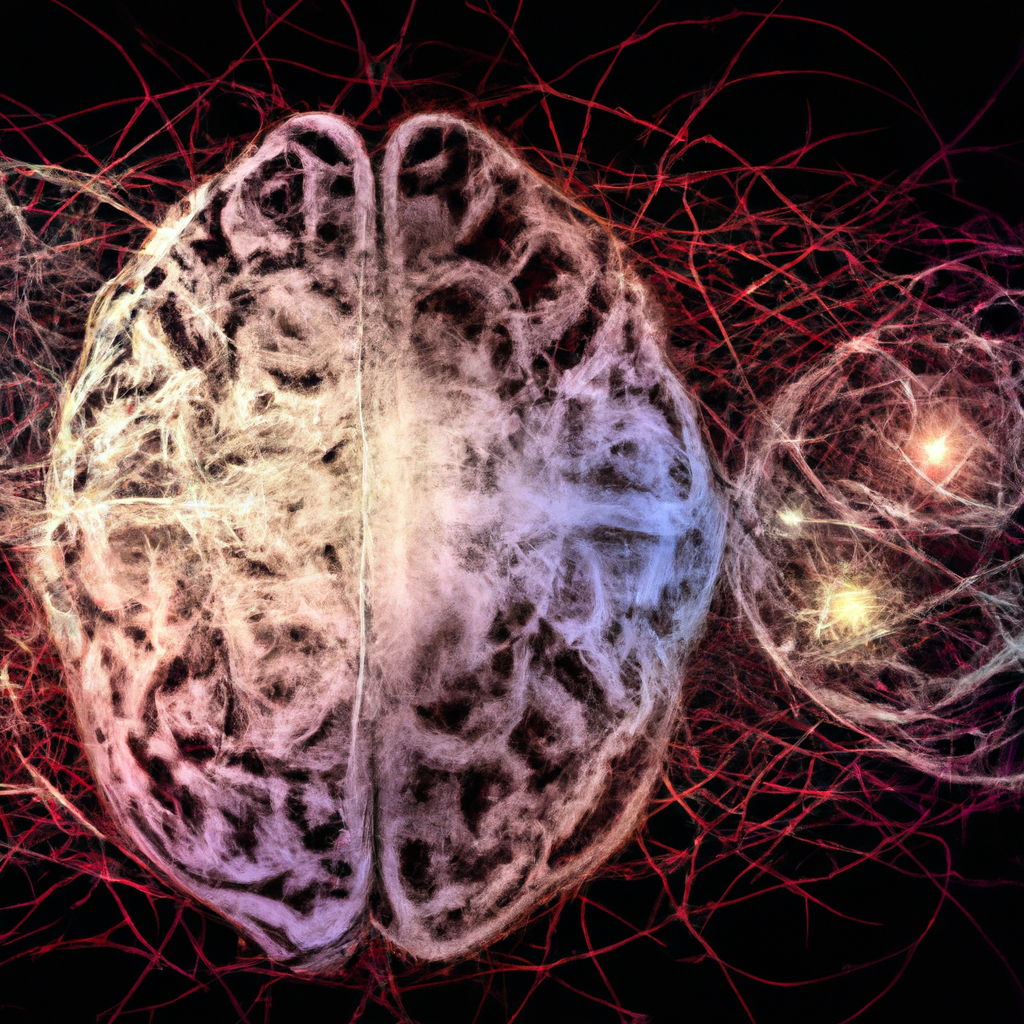Exploring the Nexus of Neuroscience and Quantum Physics: Unveiling the Mind’s Mysteries
In the rapidly evolving field of scientific inquiry, the intersection of neuroscience and quantum physics represents one of the most intriguing frontiers. This comprehensive exploration delves into how these two disciplines are collaborating to unravel the profound mysteries of the human mind.
Understanding the Quantum Brain
Recent advances in quantum physics suggest that quantum phenomena could play a role in the processes of the human brain. The theory posits that quantum mechanics contributes to the fundamental workings of neural activities, potentially explaining phenomena such as consciousness and cognition.
The Role of Microtubules
Microtubules, small tubular structures within neurons, are theorized to be the site of quantum processing. Studies suggest that these microstructures could house quantum information processing, leading to a deeper understanding of how thoughts and consciousness emerge.
Implications for Mental Health
The quantum brain concept could revolutionize mental health treatment. By approaching psychological disorders through the lens of quantum physics, new treatment methodologies that target the quantum aspects of brain function could be developed, offering more precise and effective therapies.
Future Prospects
As research continues, the collaboration between neuroscientists and quantum physicists is expected to yield significant insights into the cognitive processes that define human experience. The potential to fundamentally alter our understanding of the mind and reality is an exciting prospect for the future.
In conclusion, the synergy between neuroscience and quantum physics not only enriches our understanding of the mind but also paves the way for groundbreaking advancements in science and medicine. The journey to fully understanding the quantum brain is just beginning, and its implications for the future are vast and promising.






